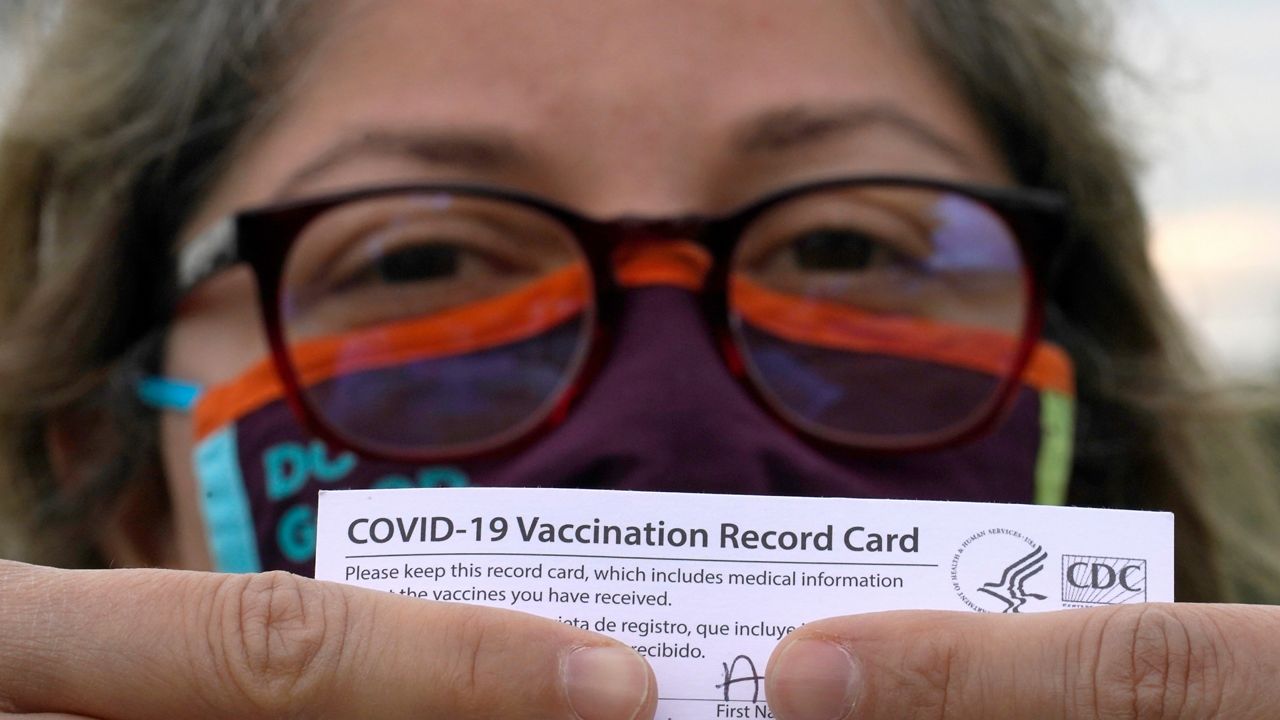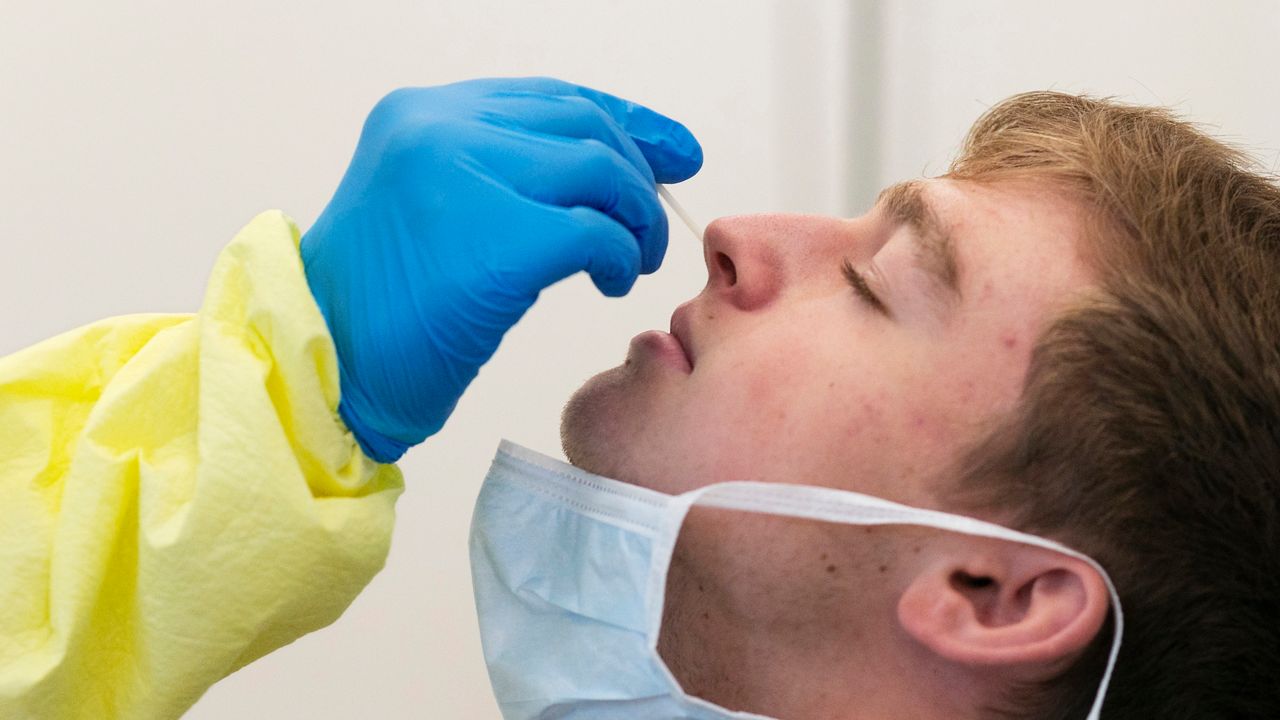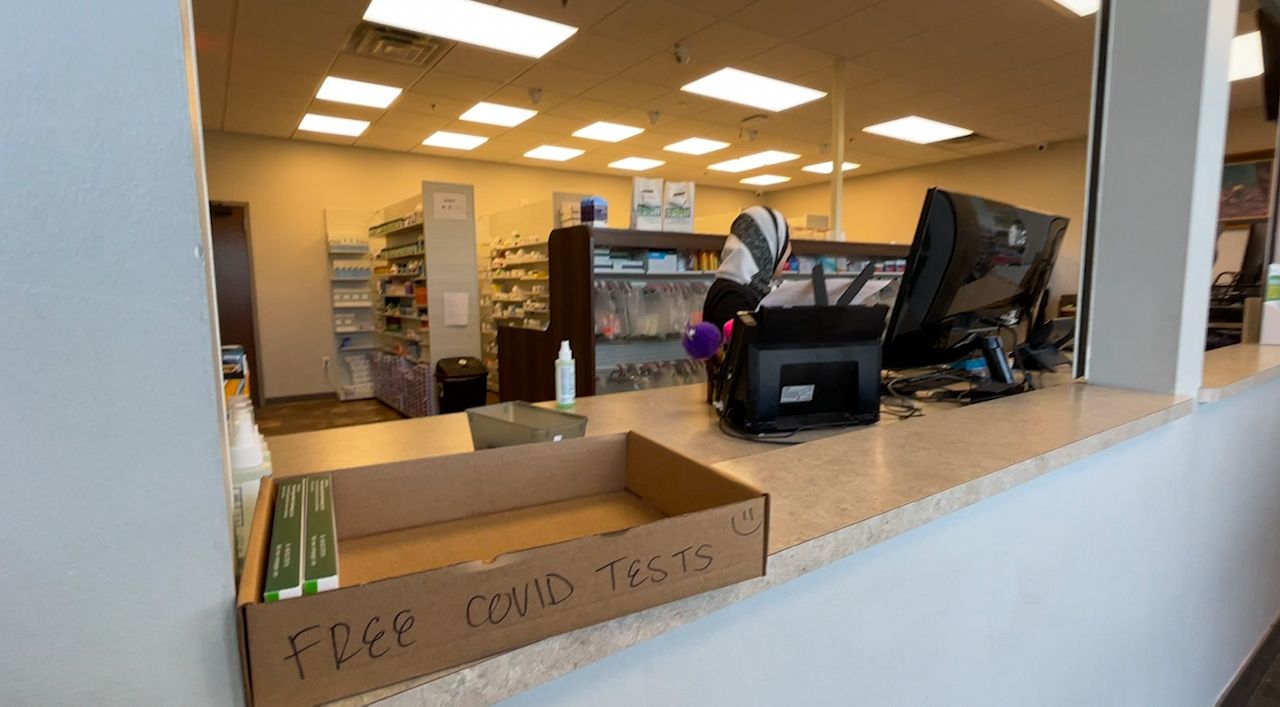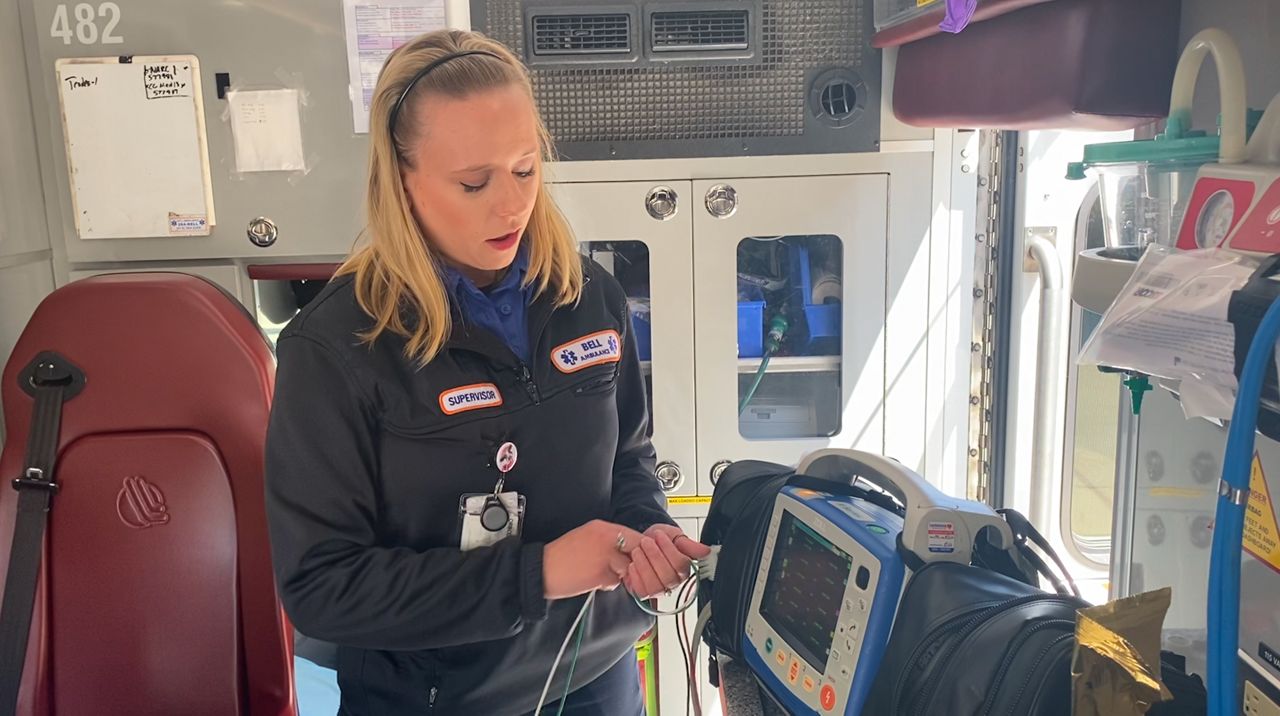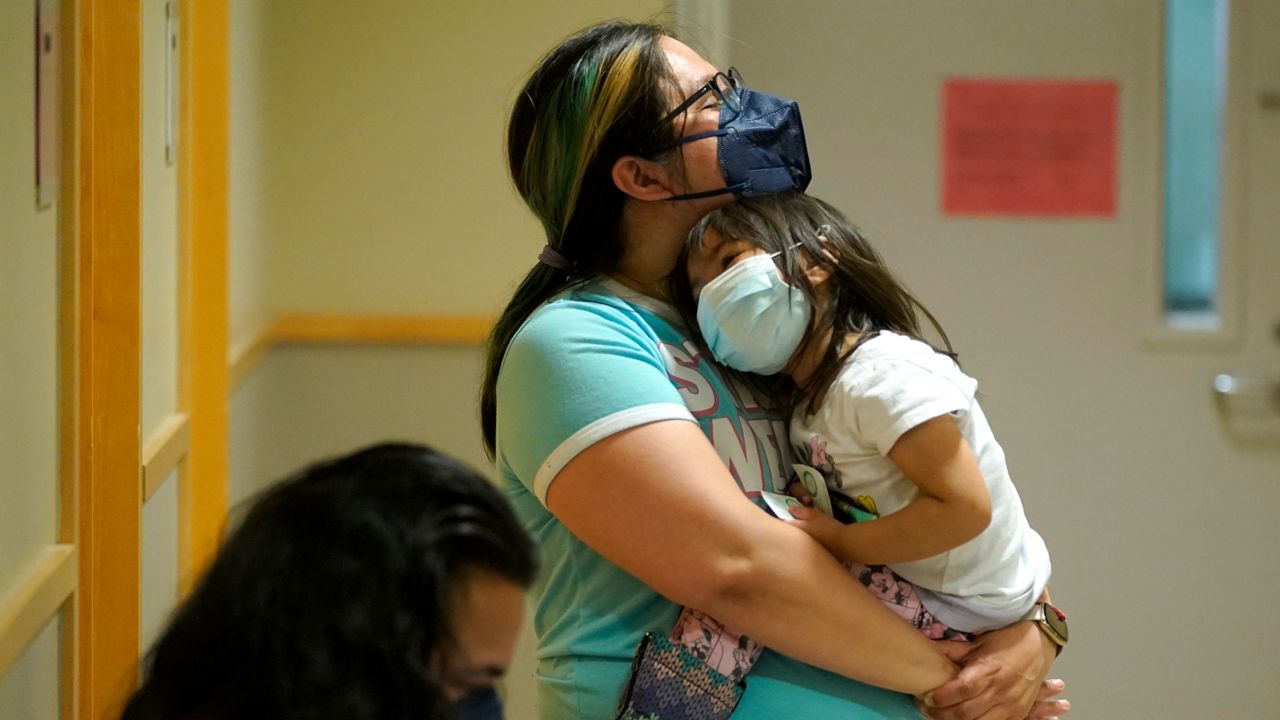MADISON, Wis. (AP) — Wisconsin health officials said Thursday that they’ve ordered only a fraction of the COVID-19 vaccine doses the federal government had set aside for the state for next week, another sign of plateauing interest in the shots.
Interest in the vaccine has been waning across the country. President Joe Biden’s administration announced Tuesday that it would shift doses from states with lower demand to states with more interest.
The federal government has allocated 86,580 first doses of the Pfizer vaccine, 65,900 first doses of the Moderna vaccine and 10,200 doses of the one-shot Johnson & Johnson vaccine for the week starting Monday. Wisconsin Department of Health Services spokeswoman Elizabeth Goodsitt said the agency has ordered 9,120 Pfizer doses, 2,070 Moderna doses and just 2,100 Johnson & Johnson doses.
Demand for the vaccines in Wisconsin is softening, Goodsitt said, noting that one in three Wisconsin residents are now fully vaccinated. She added that vaccinators are working through their existing inventories before ordering more doses, she said.
DHS Deputy Secretary Julie Willems Van Dijk said Tuesday that the department has been surveying vaccinators weekly to get an idea of how many doses to order but is preparing to switch to on-demand system, helping establish what she called a “more natural cadence” for distribution.
As of Thursday, about 2.6 million Wisconsin residents had received at least one shot of vaccine and almost 2.1 million were fully vaccinated, according to DHS data. Wisconsin has about 5.8 million people.
The health department reported 667 new infections and 14 more deaths on Thursday. The state has now seen 601,603 cases and 6,877 deaths since the pandemic began. The seven-day case average stood at 606, a level comparable to July 2020.
The University of Wisconsin System officials announced plans Thursday to restart summer youth programs amid robust health protocols.
The system canceled its youth programs and camps last summer as the COVID-19 pandemic swept across the country. System officials said they feel they can resume the programs and camps this year thanks to renewed demand and better knowledge of how to contain the disease. Policies will include pre-arrival testing, symptom screening, masks, social distancing and training for instructors on safety protocols.
The announcement comes as the system looks for ways to recoup tens of millions of dollars in lost revenue after students left campuses last year amid lockdowns and online learning became the norm this year. UW-Madison officials, for example, expect pandemic-related losses to total about $320 million by end of the fiscal year next month.
System President Tommy Thompson in February called for all institutions to offer 75% of classes in-person for the 2021-22 academic year.




